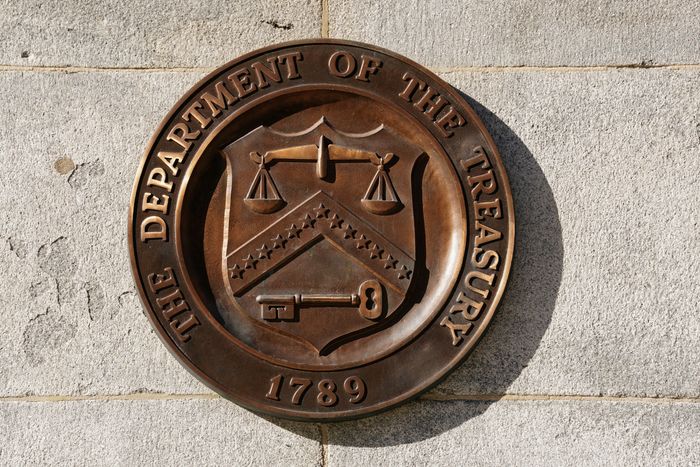The U.S. Treasury Department is set to launch a comprehensive database of corporate ownership information, but its access rules are raising concerns about privacy and potential misuse by law enforcement. The initiative, driven by the Corporate Transparency Act, aims to curb money laundering and the use of anonymous shell companies for illegal activities. However, there are important considerations surrounding who can access this extensive database and how it may impact privacy rights.

The Beneficial Ownership Database:
The database, overseen by the Treasury’s Financial Crimes Enforcement Network (FinCEN), is designed to provide transparency about corporate ownership. It requires companies to submit information about their owners, with the goal of preventing criminals and terrorists from concealing illicit funds. The database will be launched in phases, with access granted to specific groups starting in February.
Authorized Users:
Under the newly issued rule, authorized users of the beneficial ownership database include federal agencies involved in national security, intelligence, or law enforcement, as well as state, local, and tribal law enforcement agencies with court authorization. Foreign law enforcement agencies and other authorities meeting certain criteria will also have access. Additionally, supervised financial institutions with customer due-diligence requirements can access the database with customer consent, along with Treasury Department officers and employees.
Privacy Concerns:
While the intentions behind the database are to combat financial crime and enhance national security, there are legitimate concerns about privacy. Access to extensive corporate ownership information raises questions about the safeguarding of personal data and the potential for misuse by law enforcement.
Security Measures:
FinCEN claims to have developed a secure database with robust information security methods and controls typically used in the federal government. They have also outlined security and confidentiality protocols for each category of recipients. However, concerns about data breaches and unauthorized access persist.
Mitigating Misuse:
To address potential misuse, FinCEN will require financial institutions to audit their use of the database. Enforcement actions will be taken to ensure compliance with access restrictions. The agency emphasizes its commitment to monitoring data usage and taking enforcement measures when necessary.
Conclusion:
The forthcoming Beneficial Ownership Database represents a significant step in the fight against financial crime. Still, it also raises valid concerns about privacy and potential misuse by law enforcement agencies. Striking a balance between transparency, security, and individual privacy rights is crucial as this initiative moves forward. As the database’s access rules evolve, it is essential to keep a close eye on its implementation to ensure it serves its intended purpose while protecting the privacy of individuals and businesses.


